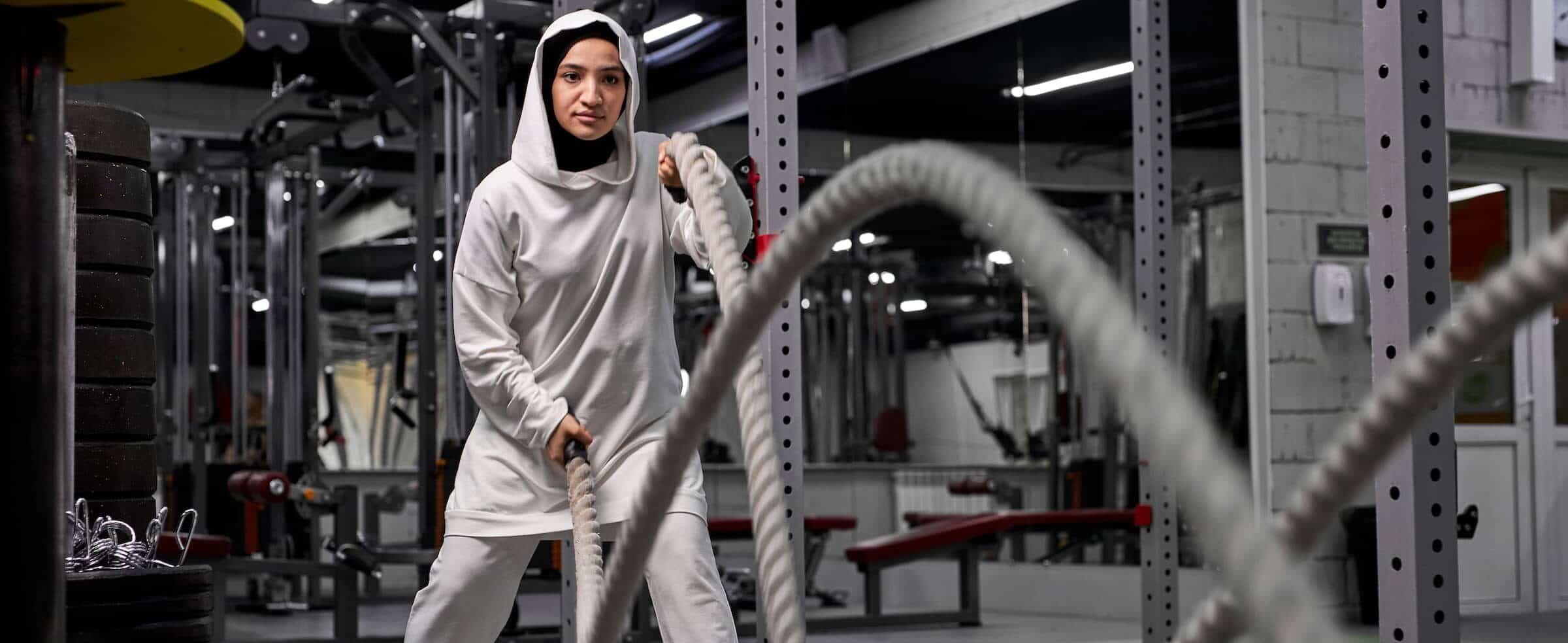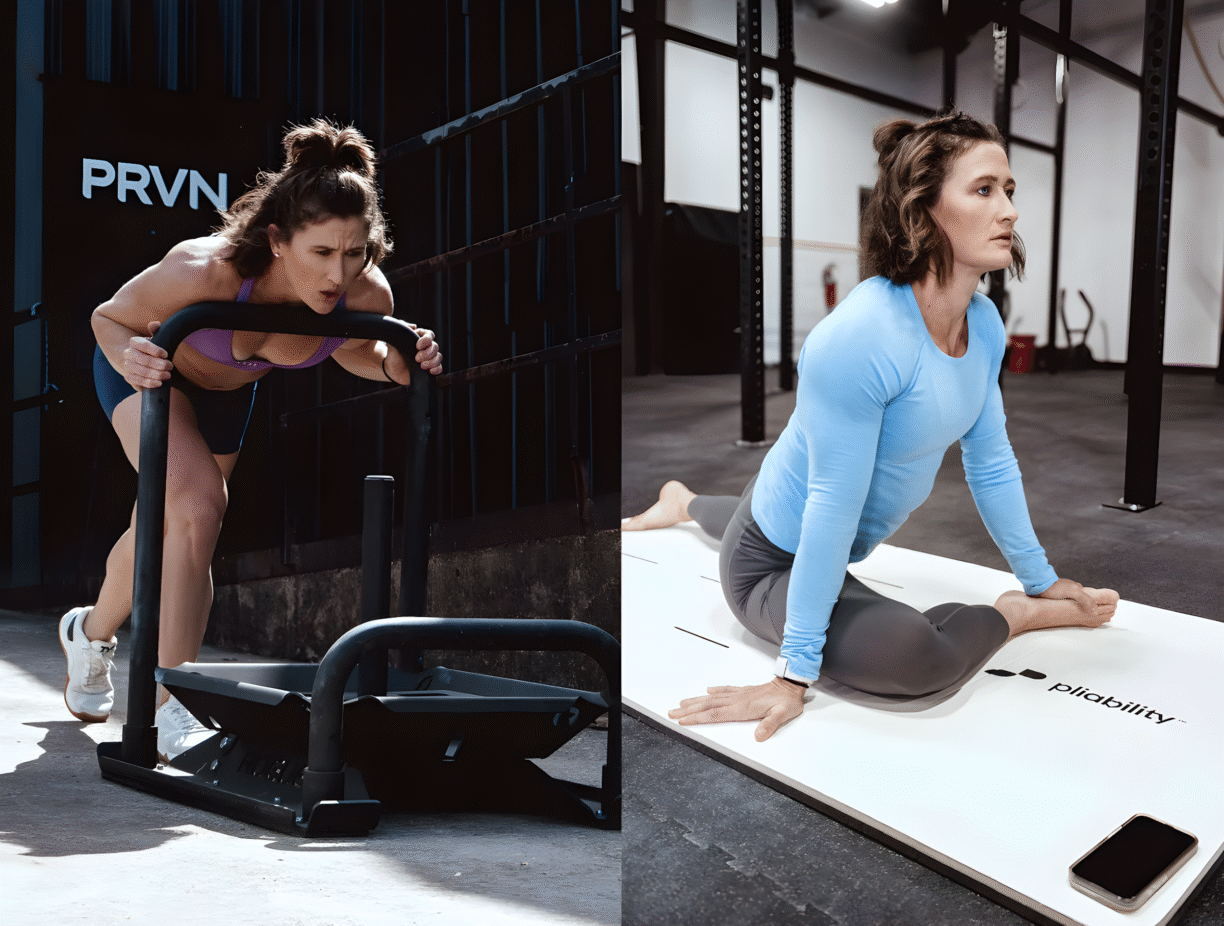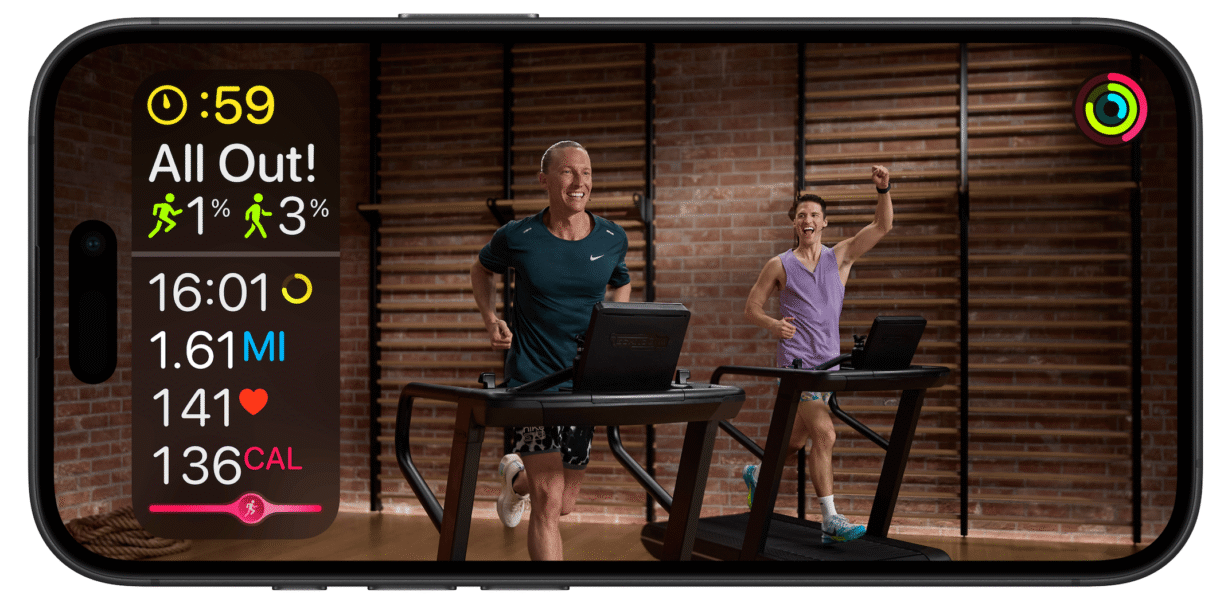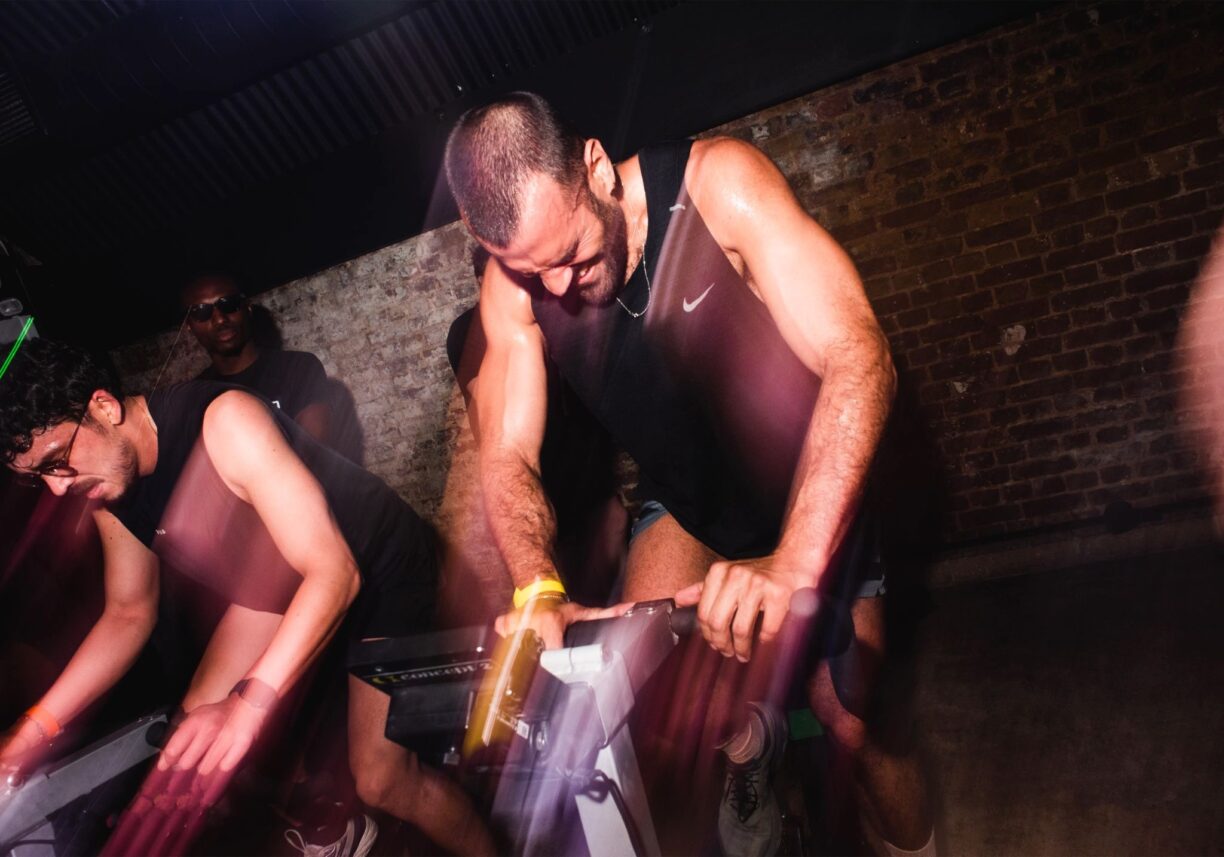With Ramadan beginning on 2nd April, Muslims across the country will soon begin their month of fasting, as well as self-improvement, charity, and prayer.
Ramadan is also a month for creating good mental and physical habits, including health and fitness goals in many cases – but it is important to recognise that routines change during this period, and our bodies are under more strain during the day due to fasting, so working out can be more challenging.
To help you achieve your fitness goals during Ramadan, Mohsin Hussain, Assistant Gym Manager at PureGym Birmingham has put together some top tips to guide you through the month.
For those looking to lose weight:
- Smoothies and protein shakes are a great way to get vitamins and macronutrients if you find yourself struggling to eat enough whole foods.
- Many families celebrate Ramadan by eating tasty, but high-caloric fried foods. Enjoy these in moderation, and then consume protein and calorie-dense foods, fruit, and vegetables to ensure you’re getting a good balance of macro and micronutrients.
- Aim to keep up your exercise routine, but bear in mind you will need to reduce the intensity of your workouts while fasting. If you find keeping up your training is too difficult, focus on walks or gentle exercises like yoga.
- Resistance training can help to prevent muscle loss when in a calorie deficit.
- Get enough sleep. Not sleeping enough can impact hunger hormones, which makes it harder to resist large volumes of high-calorie foods during your eating window.
For those looking to build muscle:
- Make sure you are eating enough protein and enough calories. Protein shakes with fruit and nut butters are a great way to get calories in if you struggle to eat enough during your eating window.
- Continue to weight train, but lower the weight and increase the reps. This will help to preserve your muscle while avoiding too much stress on the body.
- Focus more on compound exercises like squats, deadlifts, bench press, than isolation exercises. Compound exercises train more muscles per exercise, so it’s easier to work out more of your body in less exercise.
- Full-body workouts can also help you to hit all the muscle groups while spending less time in the gym. This is great if you’re finding keeping up activity levels challenging during Ramadan.
- Focus on building mind-muscle connection and perfecting your form, rather than lifting as heavy as you can.
When should I work out during Ramadan?
During the first few days of Ramadan, your body will be adjusting to fasting. Where possible, pause or step back your workouts during this time to allow your body to adapt to this new routine.
Physiologically speaking, the best time to train would be during your eating window between sunset and sunrise. This is when your body will be refuelled from Iftar, and you’ll be able to drink water, as well as refuel after. Most PureGym’s are open 24 hours a day and will be open during this time!
However, it may not always be possible to train during this time; this is when your body would usually be asleep so it can be difficult to get the energy to train, especially as the Taraweeh prayer requires a lot of energy!
Training an hour or so before Iftar is also a good option, as it means you can drink water and eat once you’ve finished working out. You’ll be hungry and dehydrated at this point, so step back the intensity – now is not the time for high-intensity cardio sessions or trying to get a personal best!
Suggested Workouts
Three workouts for the Ramadan period, when you’ll want to drop the intensity of your training, and focus on building a stronger mind-muscle connection:
| Upper Body Workout | Lower Body Workout | Home Workout |
| Barbell shoulder press 4 x 15 (rest at least 1 min between sets) Barbell row 4 x 15 (rest at least 1 min between sets) Chest Press machine 4 x 15 (rest at least 1 min between sets) Lateral Raise 3 x 12 (rest at least 30 seconds between sets) Bicep curl machine 3 x 12 (rest at least 30 seconds between sets) Tricep pushdown 3 x12 (rest at least 30 seconds between sets) | Barbell squat 4 x 20 (rest at least 1 min between sets) Leg Press 4 x 20 (rest at least 1 min between sets) Lying Leg Curl 3 x 12 (rest at least 30 seconds between sets) Leg Extension 3 x 12 (rest at least 30 seconds between sets) Calf Press 3 x12 (rest at least 30 seconds between sets) Hip Adductor 3 x 12 (rest at least 30 seconds between sets) Hip Abductor 3 x12 (rest at least 30 seconds between sets) | Complete 5 rounds of this with at least a minute rest in between rounds: 20 air squats 10 reverse lunges each side 20 leg raises 10 press ups 20 crunches 30 second plank |
Islam teaches us it is an act of worship to look after our bodies. During Ramadan, how we look after our bodies can look different to the rest of the year.
There is a greater need for rest during the fasting month, and a lesser ability to focus on volume or intensity with our training.
Use this time to listen to and become more in tune with your body, and take care of your mind – this will benefit you all year round!





